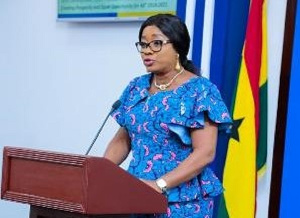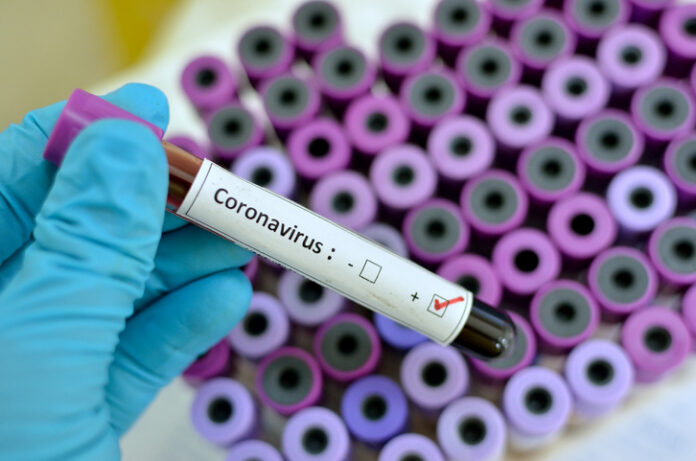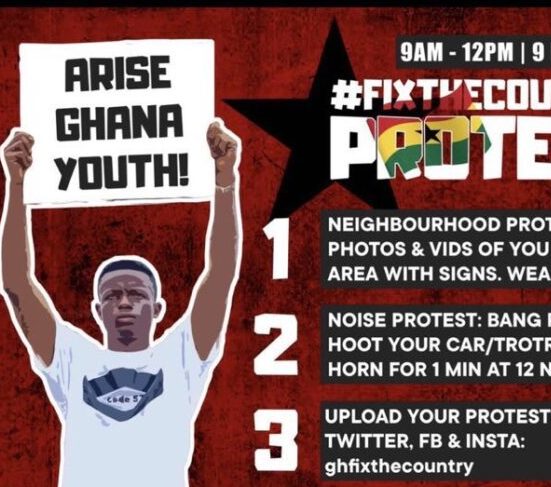Lockdown: We exceeded our target of feeding 400,000 – Gender Minister

Gender Minister Cynthia Mamle Morrison has disclosed on Frontline on Rainbow Radio 87.5Fm that the ministry exceeded its target of providing free meals for the vulnerable during the partial lockdown.
The Ministry during the lockdown collaborated with faith-based organizations to help in the distribution of food to some 400,000 Ghanaians.
But speaking on the initiative, the Minister said the target exceeded what they expected.
She told host Kwabena Agyapong the ministry categorised the beneficiaries under the aged, disabled, children, poorest of the poor, veterans, widows, children’s homes among others.
She added the distribution of food was not cooked but raw foodstuffs.
She however failed to disclose the exact number of beneficiaries they exceeded.
During the lockdown, head porters, popularly known as ‘Kayayei’, were provided free accommodation and given three square meals a day within the period of the restriction measures.
The ministry worked with the COVID-19 Planning Committee, which includes the National Security, the National Disaster Management Organisation (NADMO) and the Ministry of Finance.
According to her, the exercise exposed them to scenarios of people who were extremely poor and needed support.
She said the government has taken steps to provide support for the ”poorest of the poor”.
She also indicated the ministry has through the Ghana National Household Registry (GNHR) taken steps to establish a single national household register from which social protection programs will select their beneficiaries in Ghana.
The initiative is meant to sustain and deepen the progress made in poverty reduction by ensuring that a larger share of benefits of social protection interventions goes to the extremely poor and vulnerable.
The establishment of the GNHR is an attempt to streamline and make more efficient the targeting system in Ghana by using the same Proxy Mean Test indicators (Common Targeting Mechanism) in the identification of potential beneficiaries for social protection interventions.
The GNHR uses an electronic form of data collection to ensures the integrity of the information gathered and allow rapid processing of data.
Source: rainbownradioonline.com





